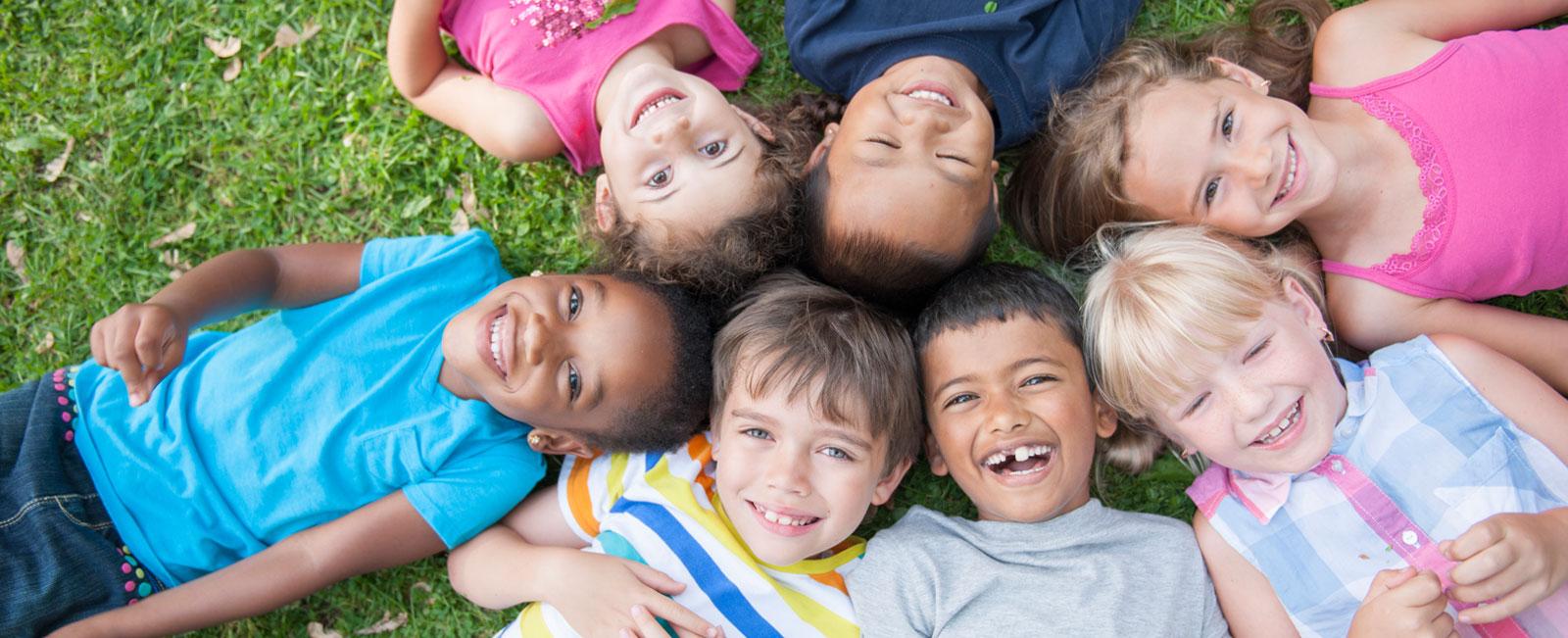Human Resources: Our Approach How Community Connections for Children, Inc. Shifted Their HR Culture Written By: Heather Spitzlay and Christy S. Renjilian What comes to mind when you hear the phrase human resources? A sifter of resumes? An enforcer of rules? Or maybe even the termination engineer? The latter is a term made popular by Up In The Air, a movie starring George Clooney. I hope these ideas aren’t the ones that pop into your head. But so often, human resources can bring up negative feelings or thoughts. Partly due to the influence of media and culture. And partly due… read more »
Give Local York: Highlighting the Success of Community Connections for Children, Inc.
Give Local York: Highlighting the Success of Community Connections for Children, Inc. A Behind-the-Scenes Look at Their Campaign Have you heard of Give Local York? It’s is a 24-hour day of giving on the first Friday of May in York County, Pennsylvania. And it’s hosted by the White Rose Leadership Institute in partnership with United Way of York County. In 2022, it was presented by GIANT, the well-loved supermarket chain. Okay, so what does that actually mean? It means that the entire community in York County, Pennsylvania comes together to grow philanthropy and support nonprofits. Donors can give as little… read more »
Innovation in Caring: York County Early Childhood Educator Awards, Summit 2022
Please see the link below to view the Pennsylvania Early Learning Investment Commission’s recognition video for the innovative York County Early Childhood Educator Awards project. Community Connections for Children is so proud to be a part of this. https://vimeo.com/718270720
Fostering a Culture of Innovation and Generosity
And How Our Values Translate From The Workplace to the Community Written By: Christy S. Renjilian Each business needs guiding principles. Ones that shape every aspect of the business from structure to employees to customer relationships. Though Community Connections for Children, Inc. is a nonprofit organization, we’re also a business, and we have principles that shape every decision we make. We believe in equality—everyone deserves the same opportunities and resources to succeed. We believe in creativity and innovation—progress happens better when we all work together. And we believe in generosity—our communities are at their best when we are working to… read more »
Knowing Where Your Dollars Go
Knowing Where Your Dollars Go A Financial Deep Dive at Community Connections for Children, Inc. Written By: Christy S. Renjilian As a careful spender, you likely want to know exactly where your money is going and exactly what it is doing. When you support organizations like Community Connections for Children, Inc. (CCC), you want to know that your contributions are being used for good. Transparency is very important to us at CCC. We want you to know how we manage and spend our budget, what programs we fund, and how their dollars are making an impact. And that goes for… read more »
A Rich History of Strong Leaders in Central Pennsylvania
A Rich History of Female Leaders in Central Pennsylvania And the Origin Story of Women’s History Month Written By: Christy S. Renjilian How long have women been celebrated for advocating for themselves in the workplace? Since the early 1900s. More specifically, in 1909, when the Socialist Party of America declared the first National Women’s Day to honor the women who participated in the 1908 garment workers’ strike in New York City. This holiday was implemented after 15,000 women flooded the streets of New York City in hopes of better pay, working conditions, and voting rights. One year later, during the… read more »
The Big Impact of Community Services at Community Connections for Children, Inc.
Written By: Stacie Shurock, Barb Green, Mariann Burton, Carol Heagy, Mariann Vargas, Megan Runk, Lauren Brenneman, and Christy S. Renjilian Community Services is an umbrella term for the programs offered here at Community Connections for Children, Inc.—the services that support (and fuel!) the entire community. Each program ensures that all families and children have what they need to be successful in school and life. These programs connect families to needed services, provide supportive and nurturing relationships to promote family wellbeing, and make our communities a better place. And they are responsive to individual questions and needs. Community services are much-needed,… read more »
Public Libraries: A Hub for Early Childhood Development
February is National Library Lovers Month. And if you’re like me, you love libraries. Like a lot. Some of our first family outings centered around our local library. When I moved to York, over 20 years ago, my husband and I had two young children, aged 3 and 5. Before transitioning to a new city and role, we had a weekly habit of attending storytimes at our library, and we continued that routine even after we moved. The children quickly developed relationships with the librarians and created their own nicknames for the branches we would visit regularly. Kreutz Creek was… read more »
Keystone STARS: An In-Depth Look at the Continuous Improvement Program
Written By: Erica Heller, Alyssa Hahn, Sara Copeland, Sally Melder, Lisa Young, and Christy S. Renjilian When you think of continuous improvement, what comes to mind? An automotive assembly line circa 1940? Or your latest meal-prepping session, your countertop organized with food in various stages of completion, ready to be set strategically in your fridge for the upcoming week? Or in your business, maybe it’s process improvement, logistics, or up-leveling your client’s experience. Have you ever thought about continuous improvement in the childcare industry? Children are, after all, the most important thing in our lives. But did you know that… read more »

